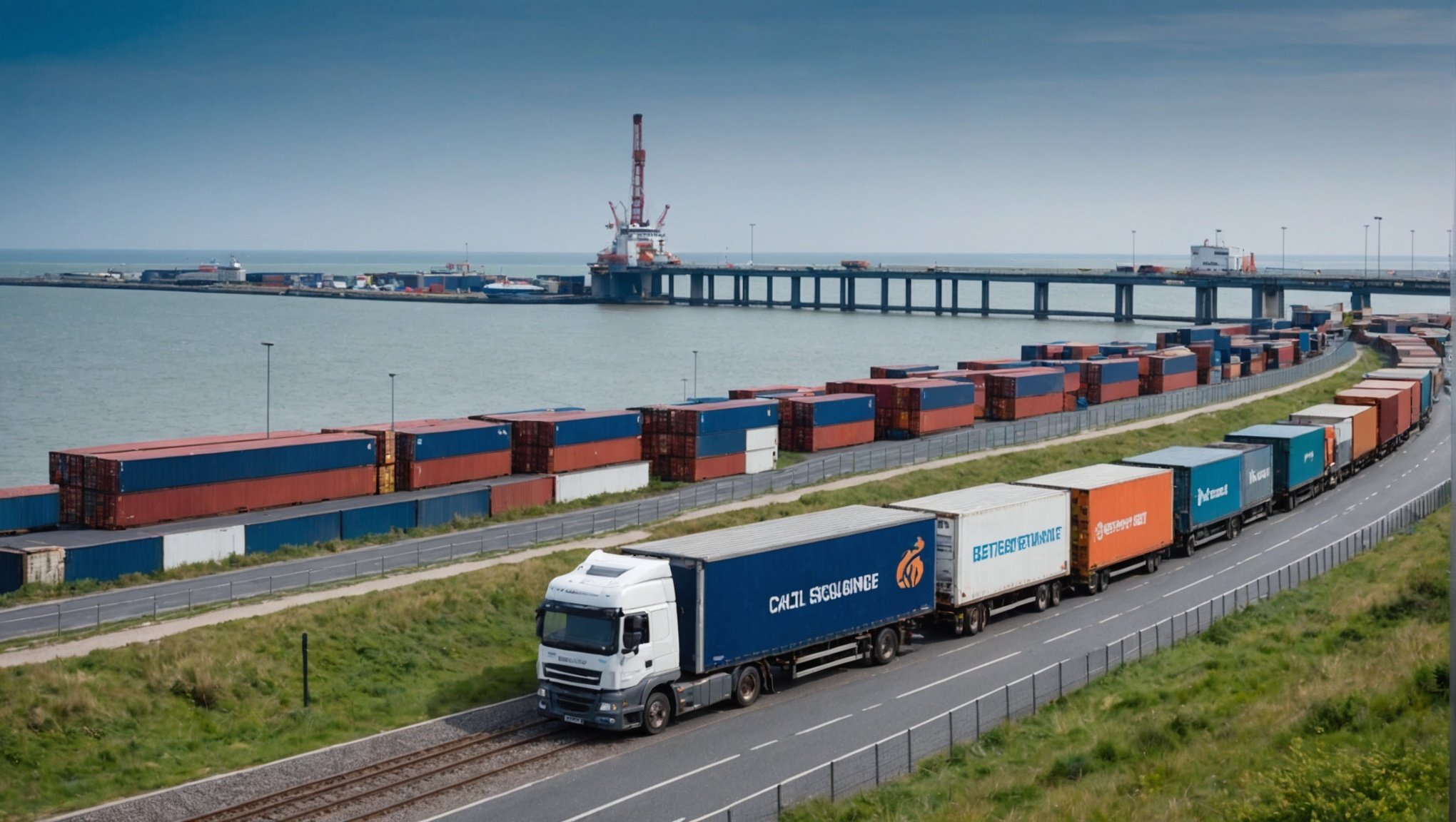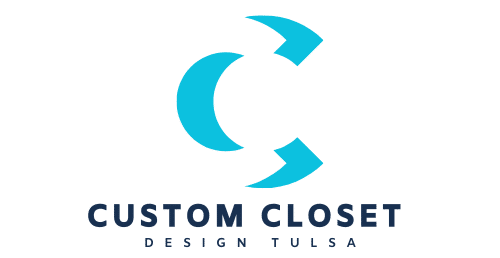Streamlining trading across calais border in customs compliance

Trading across the Calais border is becoming more complex due to evolving customs regulations. Efficient customs processes are essential to ensure smooth cross-border transactions and mitigate potential delays. This article examines the current customs practices at Calais, key regulations influencing customs clearance, and offers practical solutions to enhance customs efficiency. By adopting these strategies, businesses can reduce costs and improve trading efficiency. Explore technology-driven customs solutions and understand the impact of Brexit on customs compliance. Dive into actionable insights and best practices to streamline your trading operations at the Calais border.
Efficient customs processes at the Calais border
Navigating the complexities of customs at the Calais border requires an understanding of current Calais customs regulations. These regulations impact how goods are processed and cleared, affecting both time and cost efficiency. Businesses must stay informed about these rules to avoid delays and penalties.
Dans le meme genre : What Are the Best Sustainable Sourcing Practices for UK Fast Fashion Alternatives?
Key regulations include documentation requirements, tariff classifications, and compliance with both EU and UK trade laws. The introduction of the EU-UK Trade and Cooperation Agreement (TCA) has added layers of complexity, particularly concerning Advance Cargo Advice (ACA) references. Ensuring that all paperwork is accurate and submitted on time is crucial for smooth operations.
Solutions for improving customs efficiency
To enhance customs efficiency, businesses can adopt advanced customs clearance solutions like the CargoWise platform. This platform streamlines processes by automating documentation and providing real-time visibility into the supply chain. It helps businesses manage international forwarding, landside operations, and carrier logistics more effectively.
Cela peut vous intéresser : What Are the Effective Conversion Rate Optimization Strategies for UK Tech E-commerce Sites?
CargoWise also supports the automation of ACA references, crucial for compliance under the TCA. By leveraging such technology, businesses can reduce manual errors, speed up customs clearance, and ultimately improve their operational efficiency.
Trade facilitation strategies and border Compliance
Efficient trade facilitation at borders is essential for maintaining smooth operations and minimizing delays. One key aspect is ensuring comprehensive border compliance procedures. Businesses must adopt best practices for paperwork and documentation. This includes preparing accurate and complete forms, using standardized templates, and keeping abreast of regulatory changes.
Compliance tracking technology solutions like CargoWise are invaluable. These platforms automate documentation, track compliance in real-time, and reduce manual errors. By integrating such solutions, businesses can streamline their supply chains and improve regulatory compliance.
Case studies demonstrate the effectiveness of these strategies. For example, companies that have implemented CargoWise report significant improvements in customs clearance times and overall operational efficiency. This highlights the importance of leveraging technology to enhance trade compliance strategies.
Mitigating delays and reducing costs in cross-border Trade
Effective strategies to reduce delays at the Calais border are crucial for businesses engaged in cross-border trade. One of the primary methods is leveraging technology platforms like CargoWise. This platform automates customs processes, thus significantly reducing border delays. By providing real-time visibility into the supply chain and automating documentation, businesses can avoid common pitfalls that lead to delays.
Cost-saving measures in customs processes are another critical area for businesses to focus on. Automating Advance Cargo Advice (ACA) references, as supported by CargoWise, ensures compliance with the EU-UK Trade and Cooperation Agreement (TCA). This reduces the risk of costly fines and penalties, contributing to import-export cost reduction. Additionally, by streamlining operations and reducing manual errors, businesses can save on labour costs and improve overall efficiency.
Simplifying customs paperwork and documentation is essential for maintaining smooth operations. CargoWise offers comprehensive tools that simplify the preparation and submission of required forms. This platform helps businesses stay compliant with both EU and UK trade laws, ensuring that all necessary documentation is accurate and submitted on time. Simplification of paperwork not only enhances customs efficiency improvements but also reduces the administrative burden on staff, allowing them to focus on more strategic tasks.
In summary, adopting advanced technology solutions like CargoWise can play a pivotal role in mitigating delays and reducing costs in cross-border trade. By automating processes, ensuring compliance, and simplifying documentation, businesses can navigate the complexities of customs at the Calais border more effectively.
Leveraging technology for streamlined customs management
In today's fast-paced trade environment, customs management systems play a crucial role in ensuring efficiency and compliance. Digital customs platforms like CargoWise are at the forefront of this transformation, offering a comprehensive solution for managing complex customs processes.
Role of digital platforms in customs management
Digital platforms serve as the backbone of modern customs management. They automate repetitive tasks, provide real-time updates, and ensure compliance with various trade regulations. By integrating all aspects of customs operations into a single platform, businesses can significantly reduce the time and cost associated with customs clearance.
Benefits of automated customs solutions
Automated customs solutions offer numerous benefits. They minimize human error, enhance data accuracy, and ensure timely submission of documents. For instance, CargoWise automates the generation of Advance Cargo Advice (ACA) references, a critical requirement under the EU-UK Trade and Cooperation Agreement (TCA). This automation not only speeds up the customs clearance process but also reduces the risk of non-compliance penalties.
Examples of technology-driven customs improvements
Several companies have successfully implemented technology-driven customs improvements. By using CargoWise, businesses have reported faster customs clearance times and improved operational efficiency. The platform's ability to manage international forwarding, landside operations, and carrier logistics provides a holistic approach to customs management. For more insights into how these solutions can benefit your business, visit https://www.asalinks.eu/.
The impact of Brexit on customs compliance
The Brexit trade impact has significantly altered the landscape of customs compliance for businesses engaged in UK-EU trade. Post-Brexit trading conditions have introduced new layers of complexity, making it essential for businesses to stay updated on the latest regulations.
Changes in customs regulations post-brexit
Post-Brexit, the UK is no longer part of the EU Customs Union, leading to the implementation of new customs procedures. Businesses must now navigate these changes to ensure compliance. This includes understanding the rules around tariffs, import/export duties, and the requirement for customs declarations on goods moving between the UK and the EU.
Navigating new compliance requirements
Navigating these new compliance requirements is crucial for maintaining smooth operations. The introduction of the EU-UK Trade and Cooperation Agreement (TCA) has added specific mandates like Advance Cargo Advice (ACA) references. Utilizing platforms like CargoWise can streamline this process, automating the generation and submission of necessary documentation to ensure UK export compliance.
Impact on UK-EU trade relations and strategies to adapt
The impact on UK-EU trade relations has been profound, with businesses needing to adapt their strategies to cope with increased bureaucracy and potential delays. Strategies to adapt include leveraging technology to automate compliance processes, staying informed about regulatory changes, and developing robust contingency plans. By doing so, businesses can mitigate the adverse effects of post-Brexit trading conditions and maintain efficient cross-border operations.
